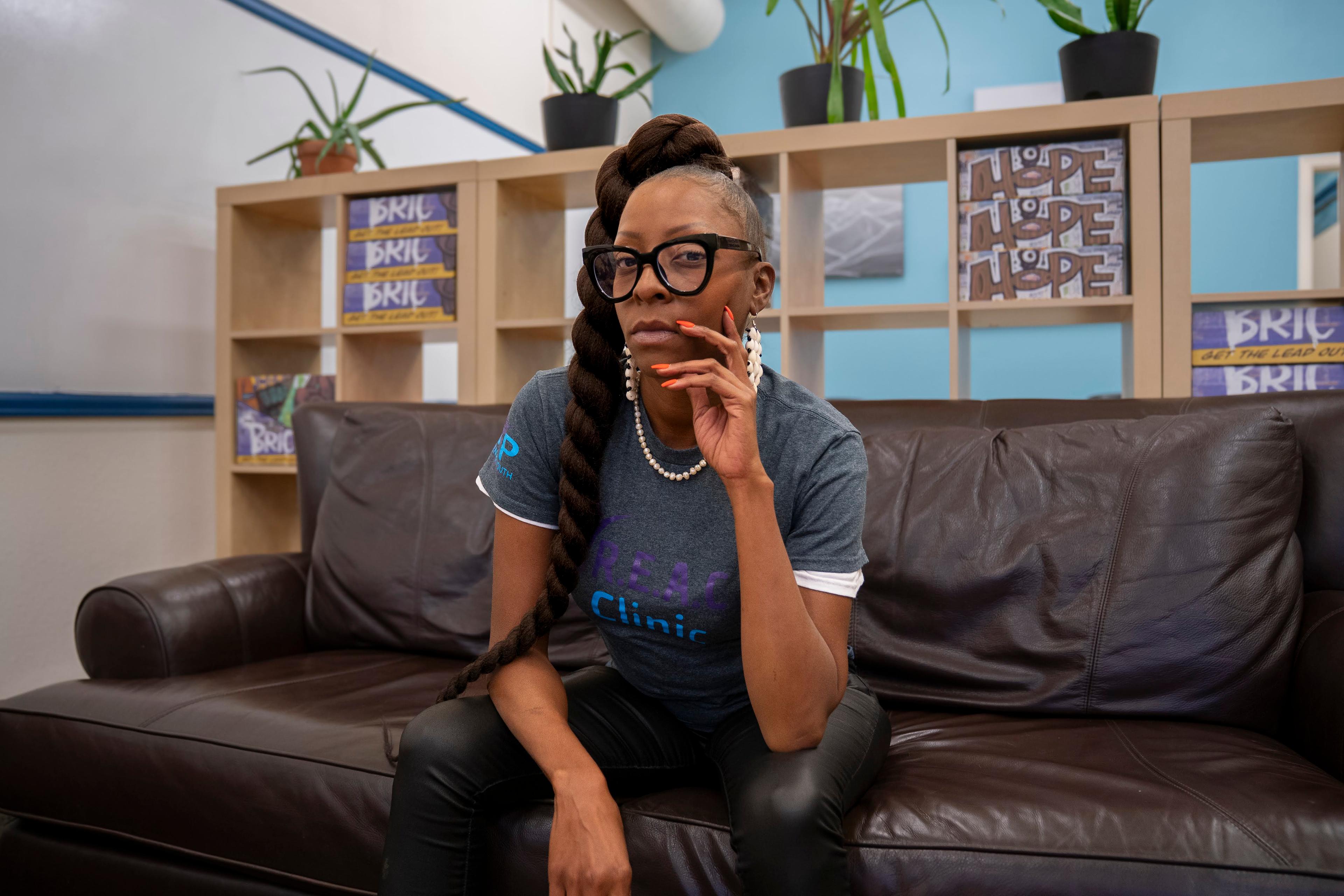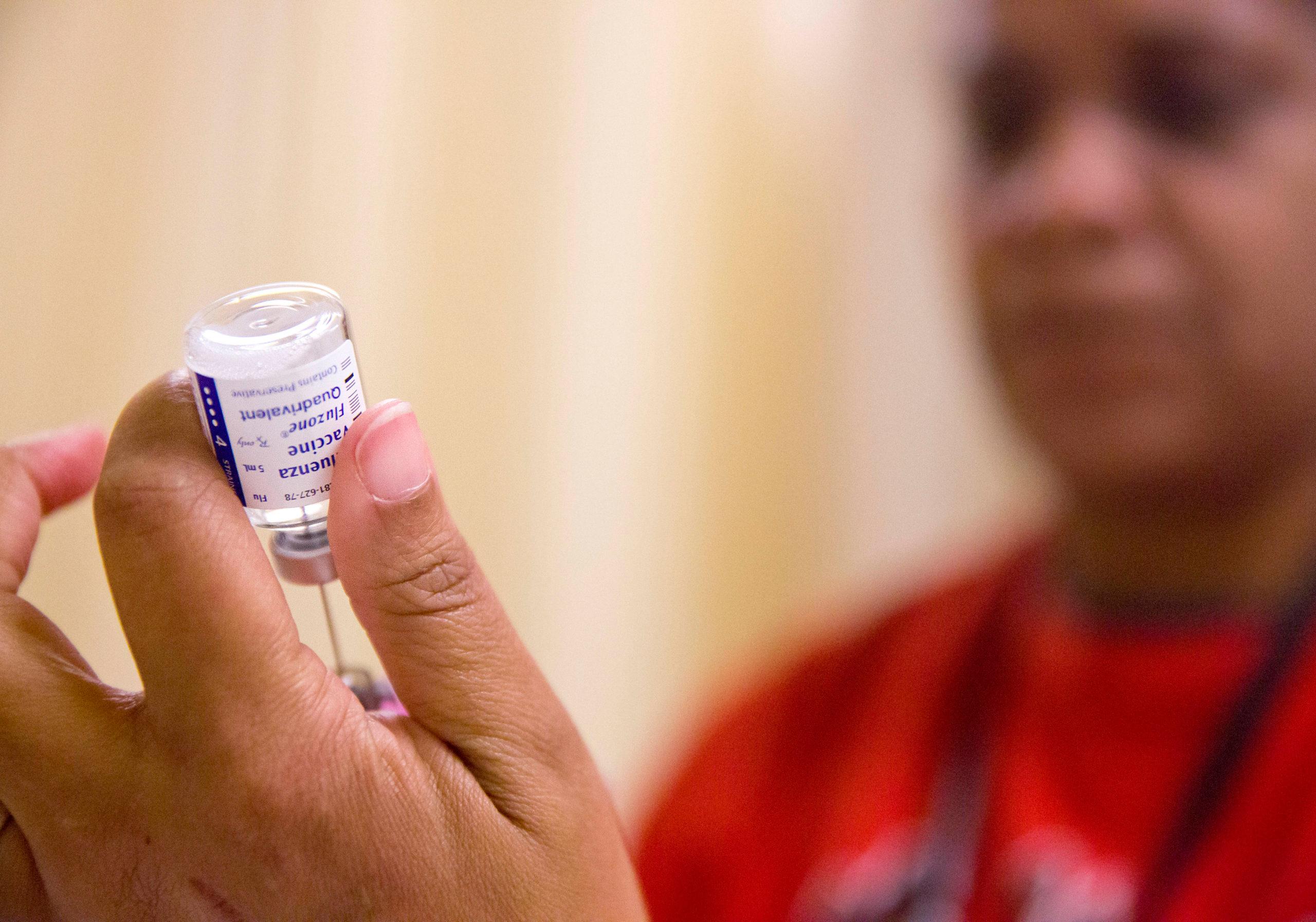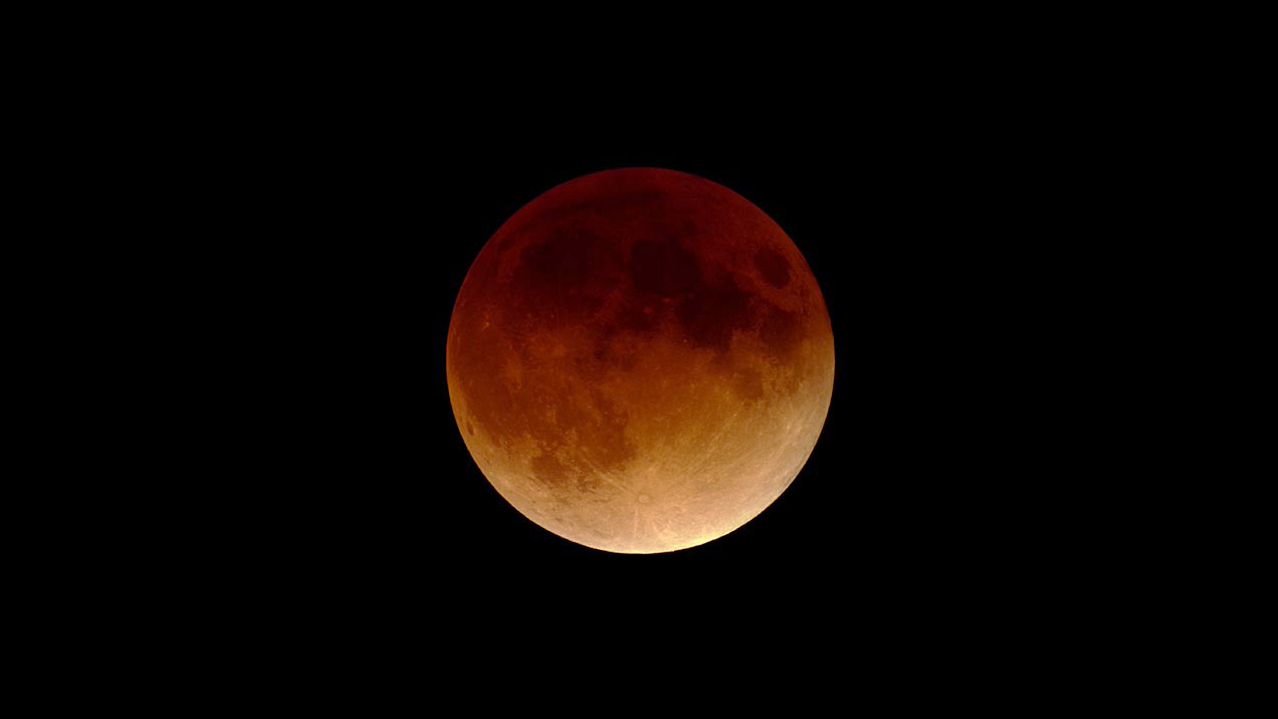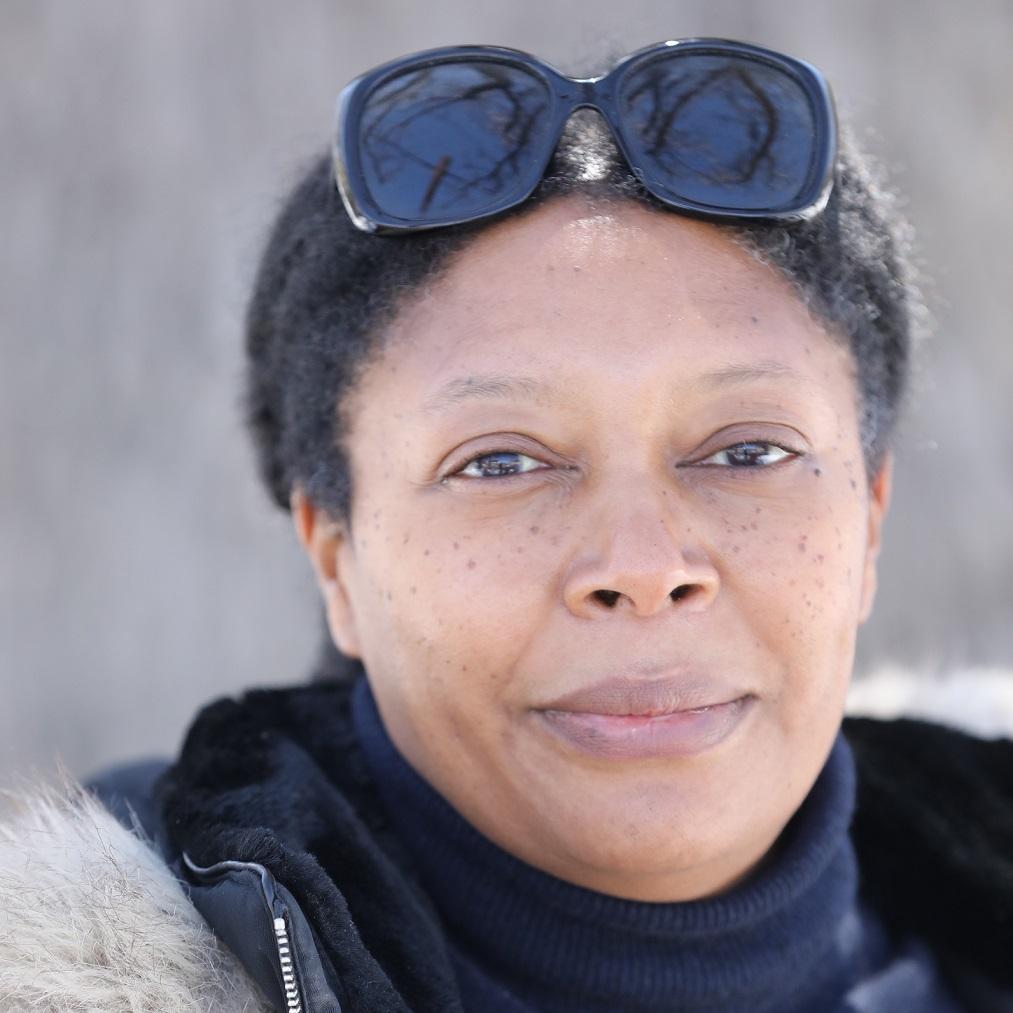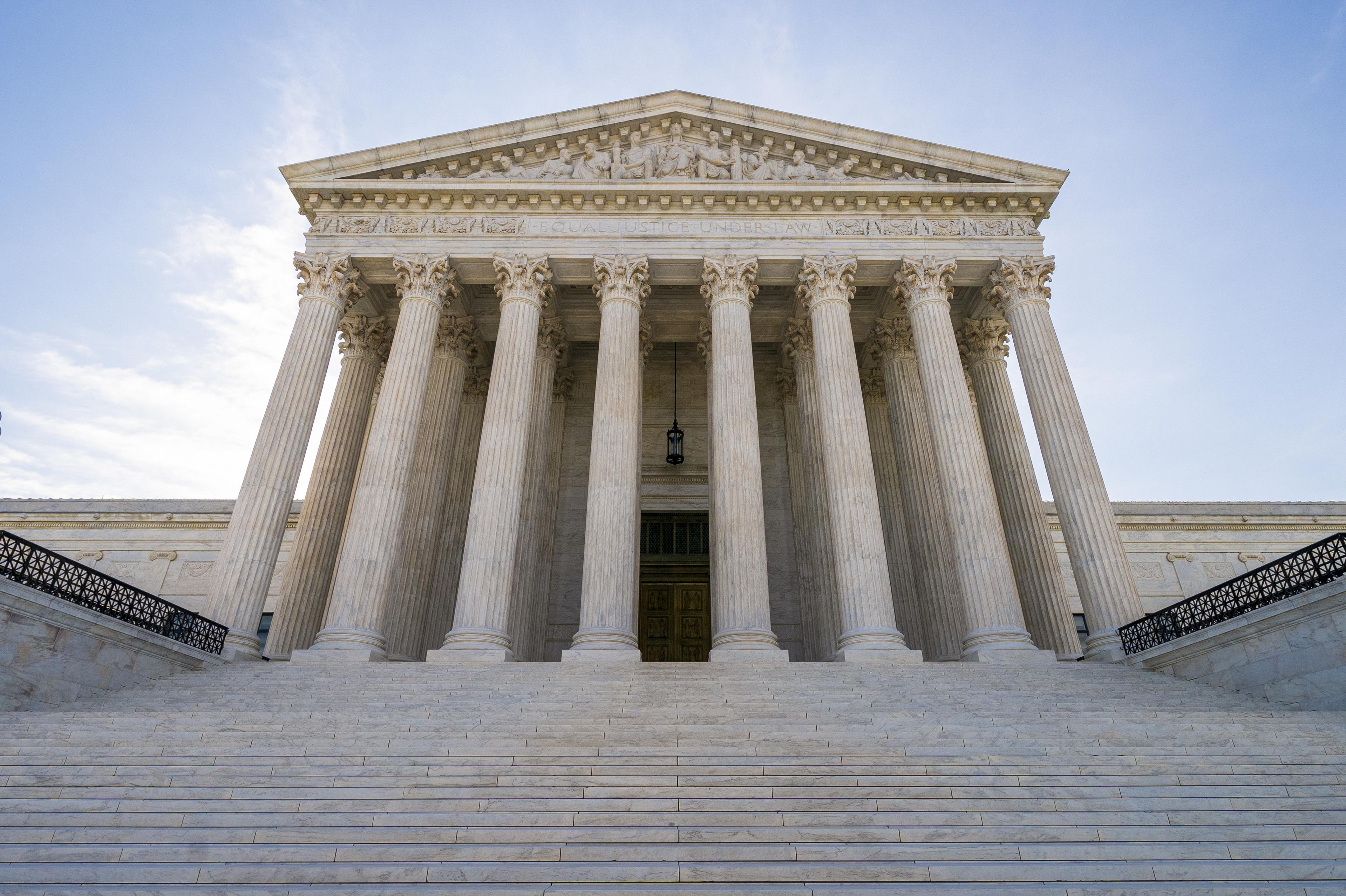
Colorado Attorney General Phil Weiser and Secretary of State Jena Griswold want the U.S. Supreme Court to rule on whether the state's presidential electors may cast their electoral college ballot for whichever candidate they want or whether they are bound to who Colorado voters choose.
It's a case that could have significant ramifications for the 2020 presidential election. In August, the 10th Circuit Court of Appeals ruled that presidential electors may cast their electoral college ballots for any presidential candidate, not just the one who gained the majority of votes in the state.
The court said Colorado was wrong to remove an elector who refused to cast his vote for Hillary Clinton in the 2016 election.
The majority of Colorado voters elected Clinton, but Micheal Baca attempted to vote for then-Ohio Gov. John Kasich instead in an attempt to keep President Donald Trump out of office, the court said. The decision said it was unconstitutional to remove the elector. Colorado's top leaders say the decision was well within their rights and necessary to protect state law, which binds electors to the winner of the state's general election.
"The idea that nine electors in Colorado, that are un-elected and unaccountable and that Coloradans really don't know, could disregard our state law, and the outcome of the general election is really unfathomable," Griswold said.
The 10th Circuit decision is in conflict with a decision from Washington State's Supreme Court which said it was constitutional for that state to fine three Democratic electors who cast their electoral votes for Colin L. Powell rather than for Hillary Clinton in 2016.
AG Weiser is optimistic the U.S. Supreme Court will resolve the conflict.
"We need the court to hear this case this term because we should not see a spectacle of emergency litigation during the course of an election," Weiser said. "Instead, what we need to see is a careful and thoughtful decision on the merits of this issue, which is now something that has split different circuits. The 10th Circuit ruling is in the minority and we believe we'll be overturned when properly considered by the U.S. Supreme court."
Washington state has also petitioned the country's highest court to hear its case. Most states currently require some kind of a pledge from an elector to vote for the party's candidate.



